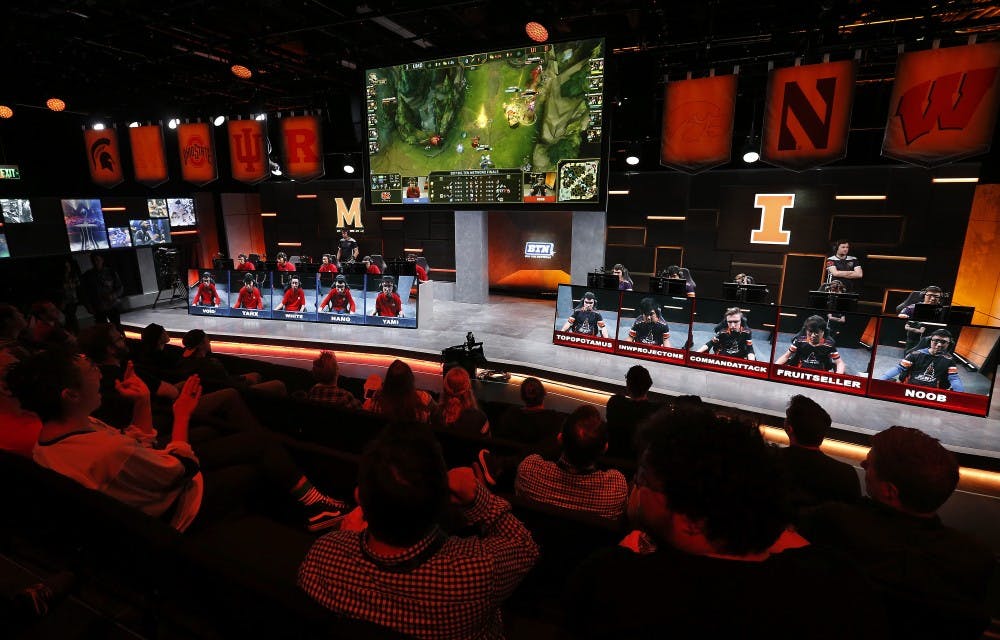Last week, the Big Ten announced a two year partnership with Riot Games, the creators of the video game “League of Legends.” This deal will create a conference for each of the 14 Big Ten universities to compete in. While there is already an official college league for "League of Legends," this deal will take college esports to the next level and help develop esport programs at the associated universities. Additionally, Riot Games is providing $35,000 in scholarships to each of the universities to be given among their team rosters, which is a huge step for recognizing the legitimacy of esports. All of this brings up the question: Why does the SEC not pursue a similar deal?
As of now, the University of South Carolina does not sponsor a varsity esports team. Instead, we have an esports club that organizes and runs a variety of esports programs. The club has two "League of Legends" teams: the Garnet team, which is considered the “A team,” and the Black team, which is considered the “B team.” Both teams compete in regional tournaments and a few different leagues. The Garnet team also competes in the ULOL league, which is the college level league sponsored by Riot Games. It is in this league that the Big Ten have their own conference and where the SEC can create its.
Currently, the ULOL league has six conferences: North, South, East, West, Peach Belt and Big Ten. The top two teams from each conference will go on to the championship series. During the championship series there will be a round robin to knock out some teams while ranking the rest in order to set up a bracket. This means that each year there will always be two Big Ten teams making it to the championship series. Of course, this is fair because the Big Ten has pursued growth in this industry and invested in it. Without this investment, the Big Ten would not have this opportunity to show their schools’ teams and help them grow. And without investing, the SEC universities could lag behind and lose potential students interested in esports.
The benefits of SEC-sponsored esports, in this case specifically the SEC-sponsored "League of Legends" conference, can simply be seen by looking at other sports. First, SEC universities could help generate interest among prospective students interested in esports. The Flutie Effect, a theory that successful sport teams will increase college applicants to the university the following year, without a doubt can be applied to esports. It doesn’t matter if fans are sitting in metal bleachers or simply watching from home, all different kinds of sports generate passion and a following. I personally know six guys who changed their college choice in order to go to a Big Ten school, solely for this "League of Legends" program. The SEC needs to take advantage of the growing industry that is esports if it hopes to increase college applications.
Finally, investing in creating the SEC conference for "League of Legends" would help give students who are not fans of traditional sports a way of cheering on their university in other fields. Fans of these esports can purchase gear, attend events and do everything that someone cheering on a sport could do. This will provide a crowd, and a market, for fans of esports to be a part of.
This growing industry is the future for many competitions, and the SEC would miss out on this great chance to grow its schools if it does not seek out these opportunities. Invest in the future, SEC.

